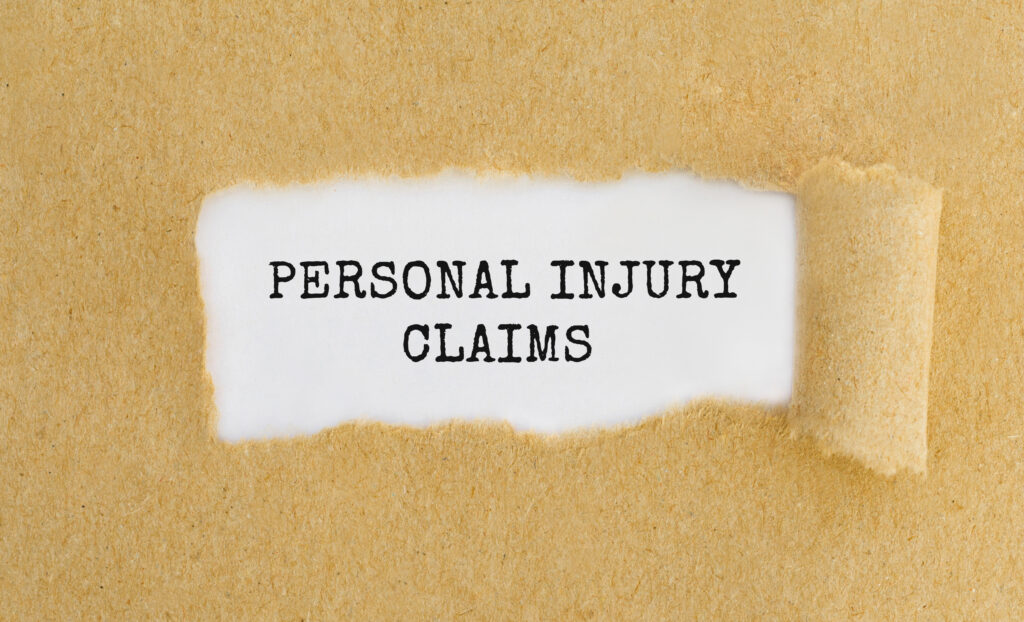Going through a contested divorce where spouses disagree about issues like child custody, property division, alimony or parenting time can be emotionally and financially draining. One common question is whether mediation is required. In Tennessee, the short answer is: yes, in most cases, but there are important exceptions.
What Is Mediation in Tennessee Divorce?
Mediation is a form of Alternative Dispute Resolution (ADR). A neutral third party known as a Rule 31 listed mediator helps both sides try to reach agreement on the contested issues without going through a full trial. It’s intended to reduce the conflict, save time and money, and give the parties more control over the outcome.
The Law: Tennessee Statute & Rule
- T.C.A. § 36-4-131 mandates mediation in many divorce and separate support proceedings.
- Supreme Court Rule 31 (Rule 31 Mediation / Court-Ordered Mediation) sets out the requirements for who qualifies as a mediator, confidentiality rules, how this process fits into contested and uncontested divorces.
When Mediation Is Mandatory
Mediation in Tennessee divorce cases is required before a trial date can be set in most contested divorces especially where there are unresolved issues involving children.
Parties must generally attempt to settle all disputed issues through mediation first, unless an exception applies
Common Exceptions: When Mediation Can Be Waived
There are several situations where the court may not require mediation or allow it to be skipped or modified. Some of the common exceptions include:
- If the parties already have a Marital Dissolution Agreement (MDA), or a written agreement resolving all issues in the divorce proceedings.
- If one party cannot afford mediation or the mediator’s fees and cannot participate without financial hardship. Sometimes courts may waive or reduce fees.
- If there is a history of domestic abuse or violence, or a court-finds it’s unsafe for one party. In those situations, special rules apply before ordering mediation.
- If parties show the court that mediation is unlikely to produce an agreement (i.e., an impasse).
What Happens in Mediation
- Both spouses (often with their attorneys) meet with a mediator to try to resolve issues. This can include custody, parenting plans, property division, spousal support, and other contested matters.
- Mediation is confidential. What is said in mediation generally cannot be used against either party in court, except in limited cases.
- If agreement is reached, it is put into writing. The court reviews it and may approve it as part of the final divorce decree. If no agreement, trial proceeds.
Why Having an Attorney Matters
Even though mediation is required (in most contested cases), having experienced legal counsel is very helpful. An attorney can:
- Ensure all your rights are protected during mediation
- Help identify whether exceptions apply so mediation can be waived if appropriate
- Draft or review any mediated agreements to make sure they’re fair and enforceable
- Represent you in trial if mediation does not resolve all issues
How Champagne Law Firm Can Help
At Champagne Law Firm, with offices in Sevierville, Nashville, and Rogersville, our divorce lawyers assist clients across Tennessee in navigating the mediation requirement in contested divorces. We evaluate whether your case must go through mediation, whether an exception may apply, and help you prepare for mediation with strategy and clarity. If mediation doesn’t resolve everything, we are ready for trial, ensuring your interests are fully represented.
Bottom Line
- Yes — mediation is mandatory in most contested Tennessee divorce cases before the court will allow a trial.
- But not always — there are valid exceptions (agreements already in place, domestic abuse issues, financial hardship, etc.).
- Acting early, understanding your rights, and having legal counsel will improve your chances of a fair outcome.
If you’re facing a contested divorce in Tennessee, call Champagne Law Firm at 865-228-8080 or reach out online to schedule a consultation, find out whether mediation applies in your case, and understand your legal strategy.



